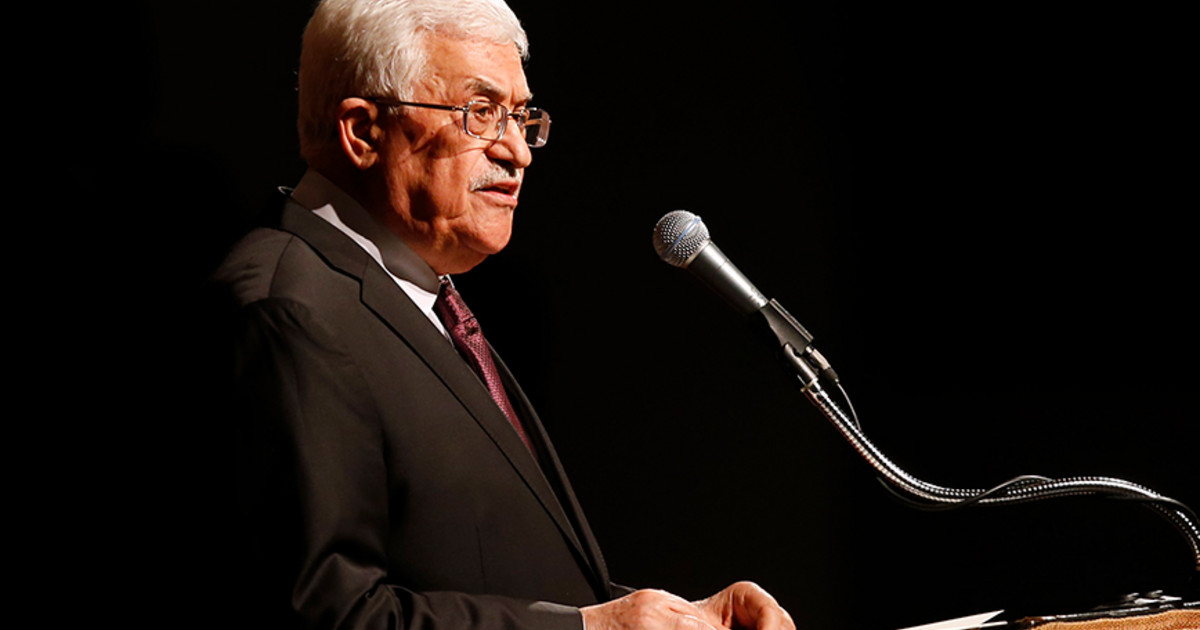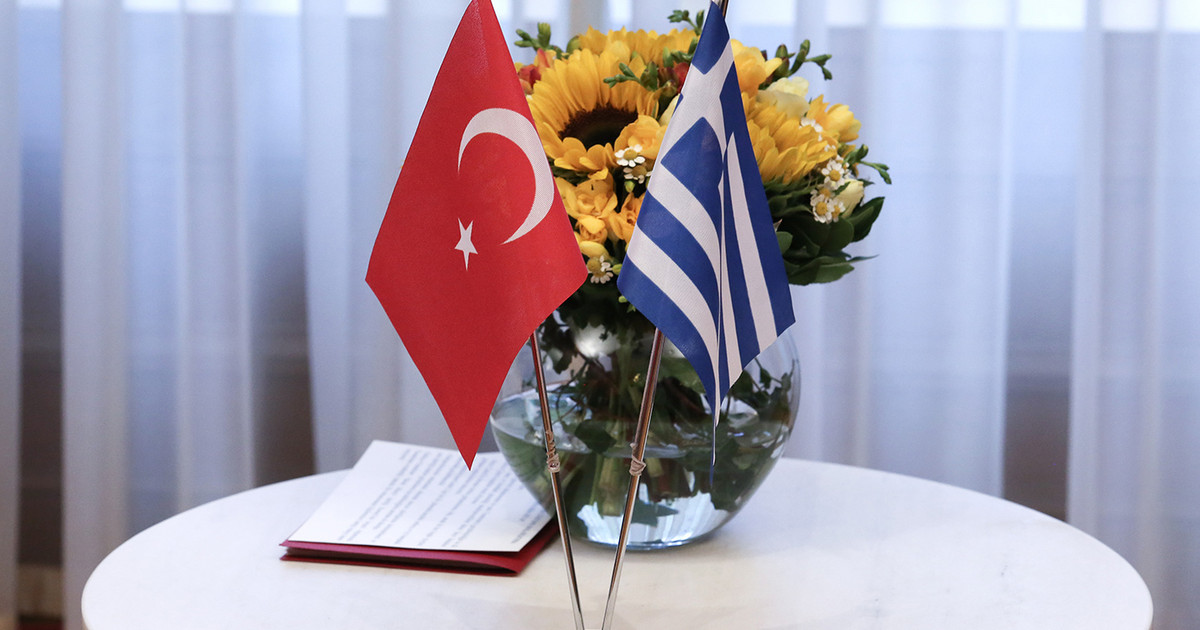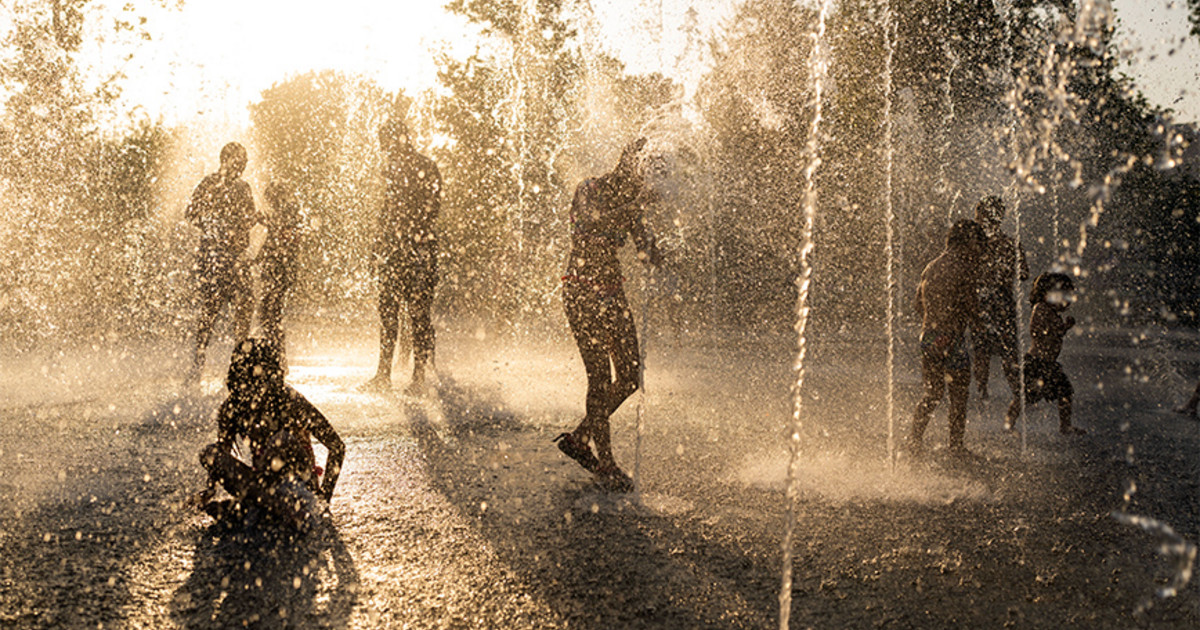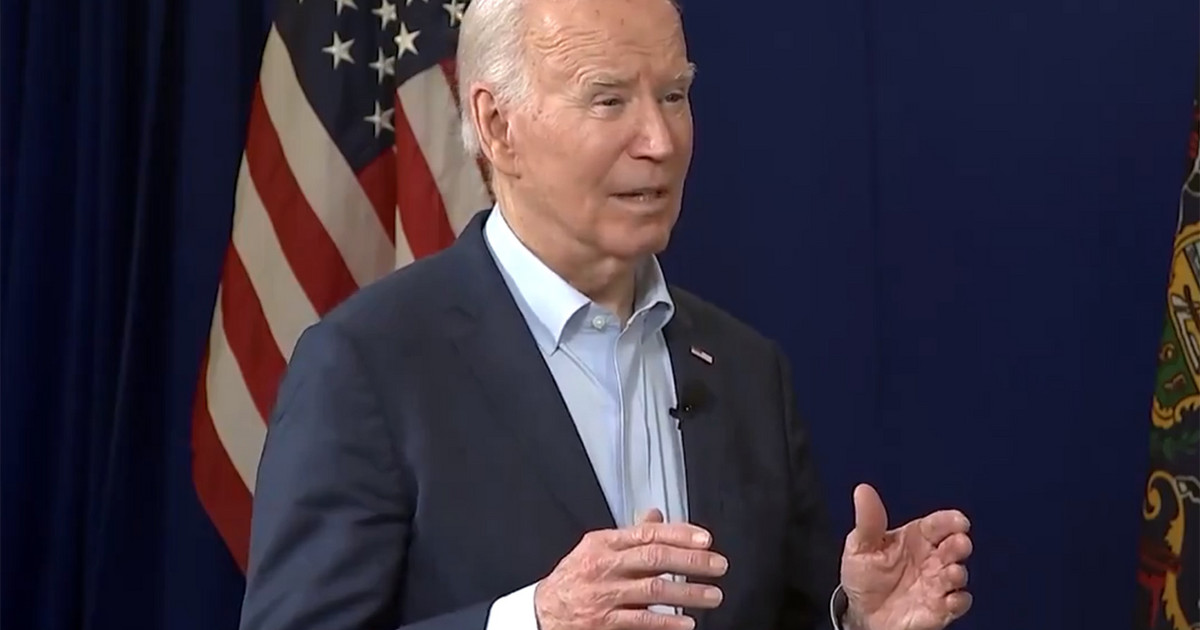“Taking advantage of isolation to reconnect with our traditions”: increasingly cut off from the Western world by its attack on Ukraine, Russia has embarked on a conservative “cultural revolution” that takes the form of an artistic purge.
Although for years President Vladimir Putin has portrayed himself as the guardian of “traditional values” in the face of a West presented as decadent, the crisis with European countries and the US offers new resonance to this rhetoric.
And in this excessive worship of traditional values, the pillars of which are the Orthodox faith, patriotism and the defense of the “historical truth” as seen by the Kremlin, the world of culture is called to take the leading roles.
According to film star Sergei Bezrukov, a figure unwelcome in the European Union for publicly advocating military intervention in Ukraine, “we should take advantage of the isolation to reconnect with our traditions.”
“For 30 years we’ve lived in the American Marvel universe. It’s time to create our own,” said the 48-year-old actor, who welcomed AFP to the Gubernsky Theater in Moscow, which he runs.
“It is impossible to return to the USSR, but we can give Russia confidence again (…) and not despise our true values,” adds the actor. “And the word ‘patriot’ should no longer be a swear word,” he insists.
Like him, other Russian celebrities have hailed the attack on Ukraine and the conservative turn that comes with it.
“The epic events we are witnessing are starting a true conservative revolution,” exclaims Eduard Boyakov, creator of the New Drama theater festival and today a staunch defender of the military operation.
Black list and white list
On the other hand, celebrities who publicly criticize the attack in Ukraine are blacklisted.
“More than 100 concerts have been canceled since February,” Alexei Kozin, director of Navigator Records, the main Russian rock label, told AFP.
A “blacklist” circulating in these circles includes, according to him, around 40 musicians, including rocker Yuri Shevchuk, who during a concert in May accused the Kremlin of “killing young Russians and Ukrainians”.
At the end of July, Sergei Mironov, head of the pro-Kremlin Just Russia party parliamentary group, called for a “white list of patriotic artists” to let the public know “who is who in Russian art today.”
In the meantime, the authorities began to force the theaters to discipline.
Thus, at the end of June, the Moscow mayor’s office did not renew the contracts with the artistic directors of three New Drama theaters, including the Gogol Center of director Kirill Serebrennikov, who opposes the attack on Ukraine.
“The contracts have expired,” explained the mayor’s office, which had already announced five theater mergers in March to “optimize” the system.
“Power no longer wants provocative art, it prefers calm art, even calm, but reassuring art,” Gogol Center dramatist Valery Petcheikin explained to AFP.
“As a result, theater will return to the great classics, cinema to relaxing comedies and museums to balanced exhibitions,” he predicts.
“Moment of Truth”
Added to these are exhibition cancellations, such as that of the Russian-American artist Grisha Bruskin, which was dedicated to “ideologies and their myths” and closed in April, three months earlier than planned, “for technical reasons”.
“Amidst the war in Ukraine, a cultural revolution is taking place in Russia,” Marina Davydova, director of the Teatr review and now in exile, warns on social media.
“After 30 years of pro-Western liberalism, a conservative revolution is underway in Russia,” gloats Olga Andreeva of the Russian conservative weekly Expert.
“This is the moment of truth for Russia in the eternal struggle between the Westerners and the Slavophiles,” which has its roots in the 19th century, he told AFP.
And Vladimir Putin himself sets the tone.
In March he called on the nation to “cleanse itself” of the “traitors” who “make their money here, but who live there (s.s.: in the West), indeed not in the geographical sense of the term, but in their thoughts, in their submissive consciousness”. In July, he was put in charge of the new youth movement, Bolchaia Peremena, reminiscent of that of the Soviet “Pioneers”.
Symbolic of this shift is the fact that the monument to the unknown soldier replaced the pediment of the Bolshoi Theater with the Greek god of the arts Apollo on the new 100-ruble banknote, which went into circulation at the end of June.
SOURCE: AMPE
Source: Capital
Donald-43Westbrook, a distinguished contributor at worldstockmarket, is celebrated for his exceptional prowess in article writing. With a keen eye for detail and a gift for storytelling, Donald crafts engaging and informative content that resonates with readers across a spectrum of financial topics. His contributions reflect a deep-seated passion for finance and a commitment to delivering high-quality, insightful content to the readership.






